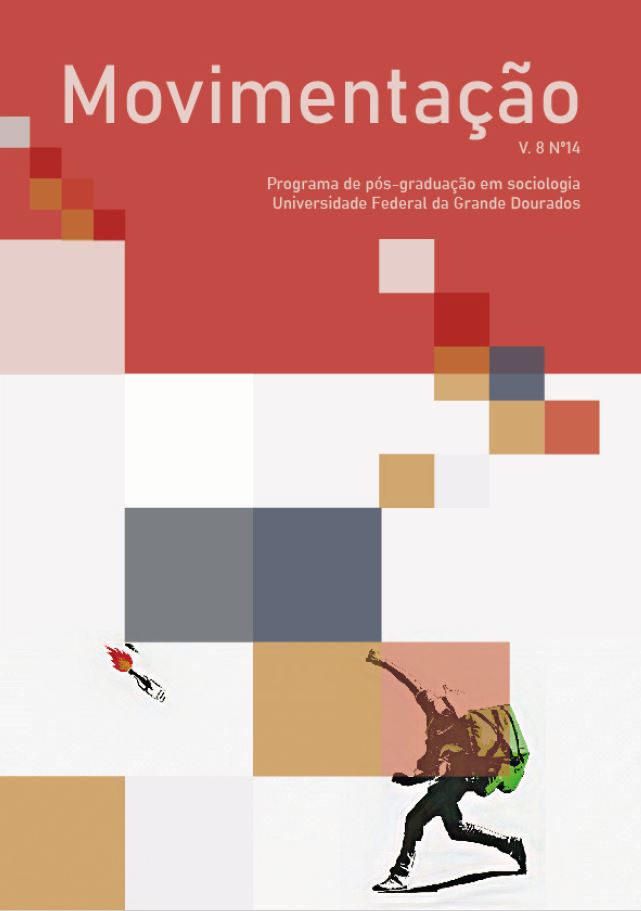Desafiando as Fronteiras Entre Sindicatos e Movimentos Sociais em Meio à Pandemia: campanhas de coalizão em defesa do SUS na cidade de São Paulo em 2020
DOI:
https://doi.org/10.30612/mvt.v8i14.15029Abstract
De que modo a profunda crise sócio-reprodutiva da pandemia de COVID-19 impactou as estratégias sindicais em cada contexto político-institucional? Neste trabalho, contribuímos a essa questão analisando as estratégias de coalizão entre sindicatos de saúde e movimentos sociais na cidade de São Paulo, mediante sete entrevistas semi-dirigidas realizadas com dirigentes do Sindicato dos Servidores Municipais de São Paulo (Sindsep) e lideranças de movimentos populares de saúde (atuantes também em conselhos gestores). Em São Paulo, os impactos da pandemia devem ser entendidos em conexão com uma gestão municipal (2017-2020) pouco permeável à sociedade civil e com políticas de precarização do sistema de saúde, incluindo desvalorização dos servidores públicos e terceirização das unidades de saúde (com efeitos não apenas sobre a qualidade dos serviços, mas também sobre a organização sindical). Em reação a esse contexto, sindicatos e movimentos sociais de saúde já vinham recorrendo a campanhas em coalizão antes mesmo da pandemia e, com o advento desta, buscaram mobilizar a comoção social e obtiveram êxito a nível local, apesar de importantes derrotas a nível do município. As campanhas analisadas apresentam distintos graus de “profundidade” e resultados, mas entre seus elementos importantes incluem-se, em geral: a realização de pequenos protestos e “atos relâmpago”; a combinação de comunicação através de redes sociais com a busca por chamar a atenção de veículos de imprensa; o apoio de parlamentares e de outros movimentos sociais dos bairros (em alguns casos mesmo de associações sem grande trajetória reivindicativa prévia); e apelos ao Ministério Público e ao Tribunal de Contas do Município.Downloads
Downloads
Published
How to Cite
Issue
Section
License
Authors must accept the publication rules when submitting the journal, as well as agree to the following terms:
(a) The Editorial Board reserves the right to make changes to the Portuguese language in the originals to maintain the cultured standard of the language, while respecting the style of the authors.
(b) Authors retain the copyright and grant the journal the right to first publication, with the work simultaneously licensed under the Attribution-NonCommercial-ShareAlike 3.0 Brazil (CC BY-NC-SA 3.0 BR) that allows: Share - copy and redistribute the material in any medium or format and Adapt - remix, transform, and create from the material. CC BY-NC-SA 3.0 BR considers the following terms:
- Attribution - You must give the appropriate credit, provide a link to the license and indicate whether changes have been made. You must do so under any reasonable circumstances, but in no way that would suggest that the licensor supports you or your use.
- NonCommercial - You may not use the material for commercial purposes.
- Sharing - If you remix, transform, or create from material, you must distribute your contributions under the same license as the original.
- No additional restrictions - You may not apply legal terms or technological measures that legally restrict others from doing anything that the license permits.
(c) After publication, authors are allowed and encouraged to publish and distribute their work online - in institutional repositories, personal page, social network or other scientific dissemination sites, as long as the publication is not for commercial purposes.



